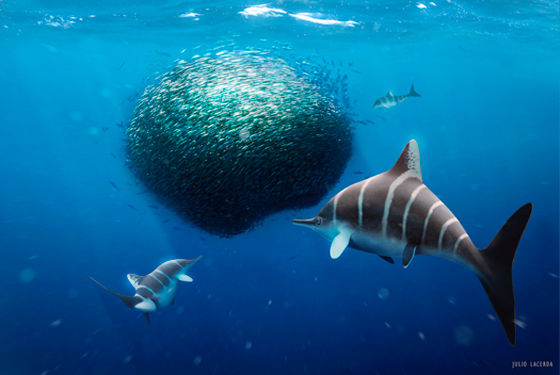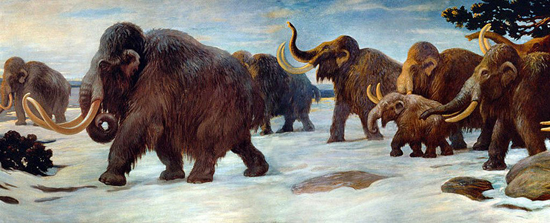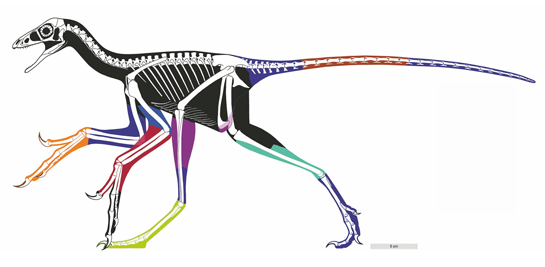Marine Life Could Be Irreversibly Damaged
Increased carbon dioxide emissions will cause great damage to oceanic ecosystems that cannot be reversed warns an international team of scientists. In a new paper, published in the academic journal “Science”, researchers, which include Dr Carol Turley OBE, of the Plymouth Marine Laboratory state that unless CO2 emissions are curbed, the temperature of the oceans will continue to rise, oxygen levels will continue to fall and more seawater acidification will occur.
Carbon Dioxide
The scientists paint a very gloomy picture for the Earth’s oceans declaring that CO2 emissions from the burning of fossil fuels was increasing the acidity of the oceans at a faster rate than at any time since the End Permian extinction event some 250 million years ago, that led to the greatest mass extinction known in the fossil record. Something like 95% of all the life on Earth died out during this extinction event.
The researchers looked at a number of scenarios and models and the scientists stated that the two degree Celsius maximum temperature rise as agreed by governments is not enough to stave of the damaging effects of increased CO2. In a very pessimistic outlook, the scientists claim that the range of options is decreasing and the cost of coping with the implications will rocket.
Marine Scientists Urge Politicians to Act
The team of twenty-two leading marine scientists report that politicians are not responding as quickly as they should to the approaching crisis. The oceans of the world are at risk and more must be done to deal with the impact of global climate change.
The World’s Oceans are Under Threat
Picture credit: Everything Dinosaur
Nearly 30% of the carbon dioxide produced since 1750 has been absorbed by the ocean. As CO2 is slightly acidic it is changing the chemistry of the water and making it more acidic. This is disastrous for those organisms that use calcium or argonite to build shells or to construct colonies.
Dr Turley stated:
“The ocean is at the frontline of climate change with its physics and chemistry being altered at an unprecedented rate so much so that ecosystems and organisms are already changing and will continue to do so as we emit more CO2. The ocean provides us with food, energy, minerals, drugs and half the oxygen in the atmosphere, and it regulates our climate and weather. We are asking policy makers to recognise the potential consequences of these dramatic changes and raise the profile of the ocean in international talks where, up to now, it has barely got a mention.”
A Sixth Mass Extinction
Recently, Everything Dinosaur reported on the research conducted by scientists at the Universidad Nacional Autónoma de Mexico, the University of California, Stanford University, Princeton University and the University of Florida that concluded that our planet was entering a sixth, global mass extinction phase.
To read more about this research: Study Suggests Sixth Mass Extinction Event in Earth’s History.
Ammonite Extinction Due Acidification of the Oceans

Picture credit: Everything Dinosaur
The picture (above) shows a Bullyland ammonite model: Bullyland Range of Models and Replicas.







Leave A Comment